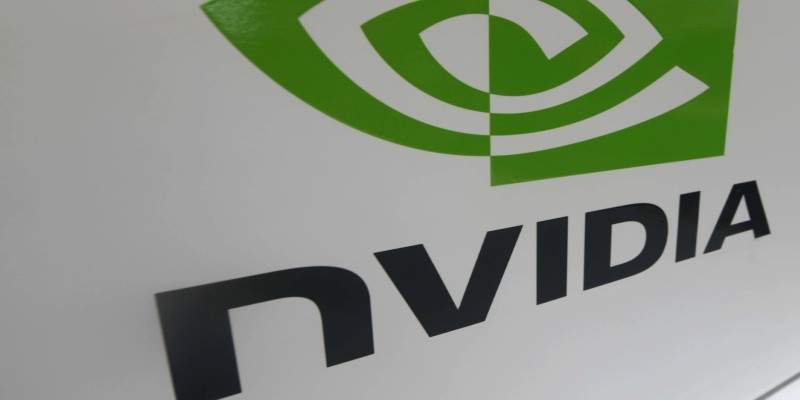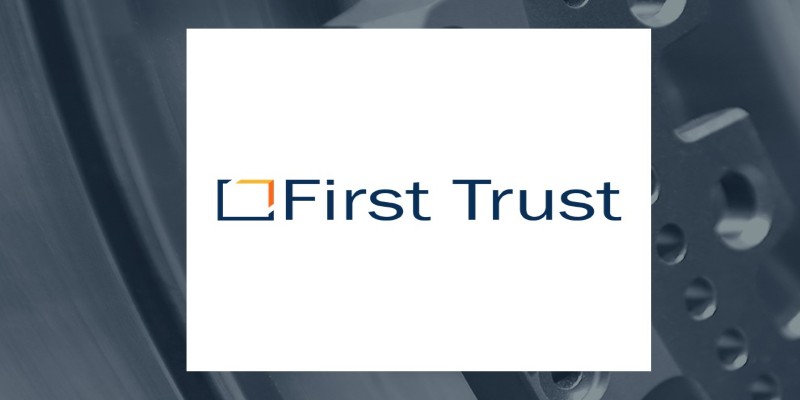Investing in the technology sector has become a common strategy for those looking to capitalize on innovation and growth. With tech companies driving the global economy forward, many investors allocate their portfolios toward technology stocks. One of the best ways to gain exposure to this dynamic sector is through exchange-traded Funds (ETFs), which offer diversification, low costs, and flexibility. This article will look at some of the best ETFs for tech sector investments, discussing what makes them attractive and why they appeal to investors.
Before exploring the best tech ETFs, it's important to understand what an ETF is. An Exchange-Traded Fund (ETF) is a type of investment fund that trades on stock exchanges, much like a stock. ETFs typically hold a diversified portfolio of assets, such as stocks, bonds, or commodities, and are designed to track the performance of a specific index, sector, or theme. For investors in the tech sector, ETFs provide an easy and cost-effective way to gain exposure to a wide range of technology companies.
With the tech sector's ever-evolving nature, investors need to consider their options carefully when choosing ETFs. Below are some top-performing and most promising ETFs for tech investments in 2025.
The Invesco QQQ Trust is one of the most popular tech ETFs, tracking the Nasdaq-100 Index. This index includes 100 of the largest non-financial companies listed on the Nasdaq Stock Market, with a heavy concentration of technology companies. Significant holdings include industry giants Apple, Microsoft, Amazon, and Google. The QQQ offers diversified exposure to some of the most innovative companies in the tech sector, making it an attractive option for investors looking for growth potential.

The ETF's performance has been impressive over the years. With tech companies' continued dominance in the global economy, QQQ remains a solid choice for those looking to capitalize on the sector's growth. The ETF also has relatively low expense ratios, making it an affordable way to invest in top-tier technology stocks.
The Technology Select Sector SPDR Fund (XLK) is another popular ETF that provides broad exposure to the technology sector. The ETF tracks the performance of the Technology Select Sector Index, which includes companies from industries such as software, hardware, semiconductors, and telecommunications. Some top holdings include Microsoft, Apple, and Nvidia, all of which have played key roles in driving tech advancements.

One of XLK's advantages is its focus on large-cap technology companies, which tend to be more stable and established. This ETF is ideal for investors who want to invest in core technology companies that are expected to continue performing well over the long term. XLK also has a low expense ratio, making it an attractive option for cost-conscious investors.
The ARK Innovation ETF (ARKK) is a fund managed by ARK Invest known for its focus on disruptive innovation. This ETF targets companies involved in cutting-edge technologies such as artificial intelligence, robotics, genomics, and blockchain. ARKK's portfolio is actively managed, meaning it focuses on high-growth companies with the potential to disrupt traditional industries.

Unlike other tech ETFs that focus on large-cap companies, ARKK invests heavily in mid-cap and emerging technology companies. This allows investors to gain exposure to some of the tech sector's most innovative and high-risk/high-reward companies. While the fund's volatility may be higher, the potential for significant returns is also greater, making it an appealing option for investors with a higher risk tolerance.
The iShares U.S. Technology ETF (IYW) is another solid choice for investors seeking to gain exposure to the technology sector. It tracks the performance of the Dow Jones U.S. Technology Index, which includes companies from various technology sub-sectors, such as software, hardware, and IT services. Notable holdings in IYW include companies like Apple, Microsoft, and Nvidia.
IYW offers more broad-based exposure to the tech sector than other ETFs on this list. The fund comprises large-cap and mid-cap companies, providing investors with a balanced approach to tech sector investment. With its relatively low expense ratio, IYW is a cost-effective option for long-term tech investors.
The Vanguard Information Technology ETF (VGT) is a well-regarded option for investing in technology. VGT tracks the MSCI US Investable Market Information Technology 25/50 Index, which includes a wide range of technology companies, from software and hardware to semiconductors and IT services. This ETF has a diverse portfolio comprising some of the biggest names in tech, such as Apple, Microsoft, and Nvidia.

For investors looking to focus specifically on technology companies within the Nasdaq-100, the First Trust NASDAQ-100 Technology Sector Index Fund (QTEC) is an excellent choice. This ETF focuses exclusively on the tech sector of the Nasdaq-100, including companies involved in internet services, computer hardware, and software. QTEC’s top holdings include Apple, Microsoft, and Intel.

One of the standout features of QTEC is its strategy of equal weighting, which means that each company in the index is weighted equally. This helps to reduce the influence of any single company on the fund's performance, providing a more balanced exposure to the sector. With a low expense ratio and a focus on the tech-heavy Nasdaq-100, QTEC offers a great option for those seeking targeted exposure to the tech sector.
In 2025, the technology sector remains one of the global economy's most exciting and innovative areas. Investing in tech ETFs offers an easy way for investors to gain exposure to this sector, with the benefits of diversification, low costs, and liquidity. Whether you are looking for exposure to large-cap companies, disruptive innovators, or specialized tech niches like AI and robotics, there is an ETF that can meet your needs. As always, it's essential to carefully consider your investment goals, risk tolerance, and time horizon when selecting an ETF. By doing so, you can position yourself to benefit from the continued growth and innovation of the technology sector in the coming years.